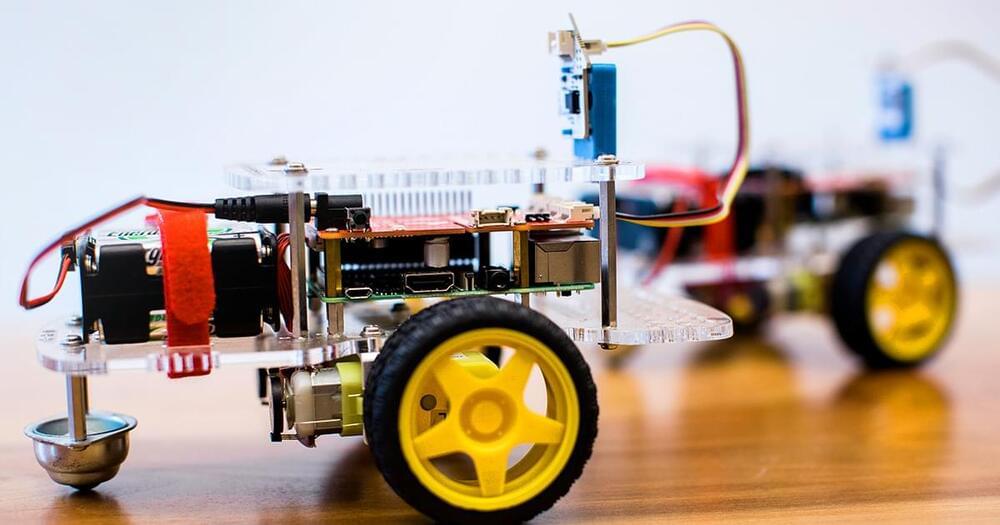Many of these systems are kept out of equilibrium because individual constituents have their own power source — ATP for cells, gas for cars. But all these extra energy sources and mismatched reactions make for a complex dynamical system beyond the reach of statistical mechanics. How can we analyze phases in such ever-changing systems?
Vitelli and his colleagues see an answer in mathematical objects called exceptional points. Generally, an exceptional point in a system is a singularity, a spot where two or more characteristic properties become indistinguishable and mathematically collapse into one. At an exceptional point, the mathematical behavior of a system differs dramatically from its behavior at nearby points, and exceptional points often describe curious phenomena in systems — like lasers — in which energy is gained and lost continuously.
Now the team has found that these exceptional points also control phase transitions in nonreciprocal systems. Exceptional points aren’t new; physicists and mathematicians have studied them for decades in a variety of settings. But they’ve never been associated so generally with this type of phase transition. “That’s what no one has thought about before, using these in the context of nonequilibrium systems,” said the physicist Cynthia Reichhardt of Los Alamos National Laboratory in New Mexico. “So you can bring all the machinery that we already have about exceptional points to study these systems.”
